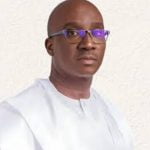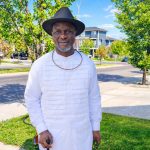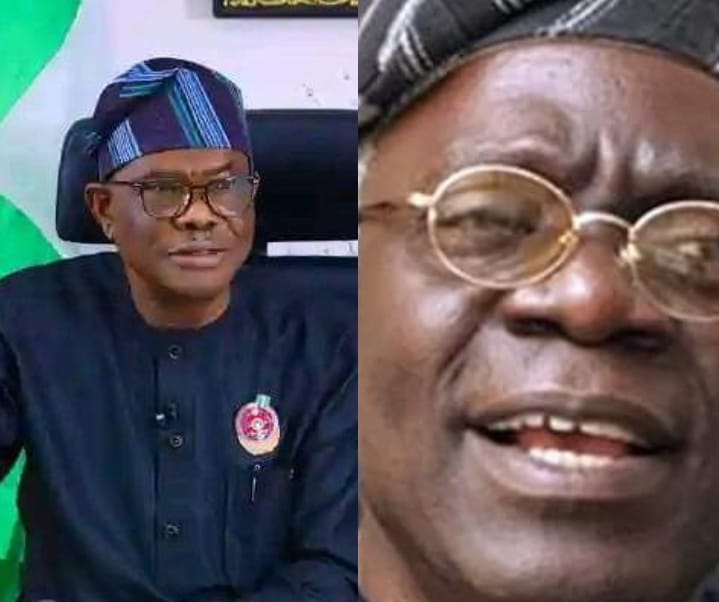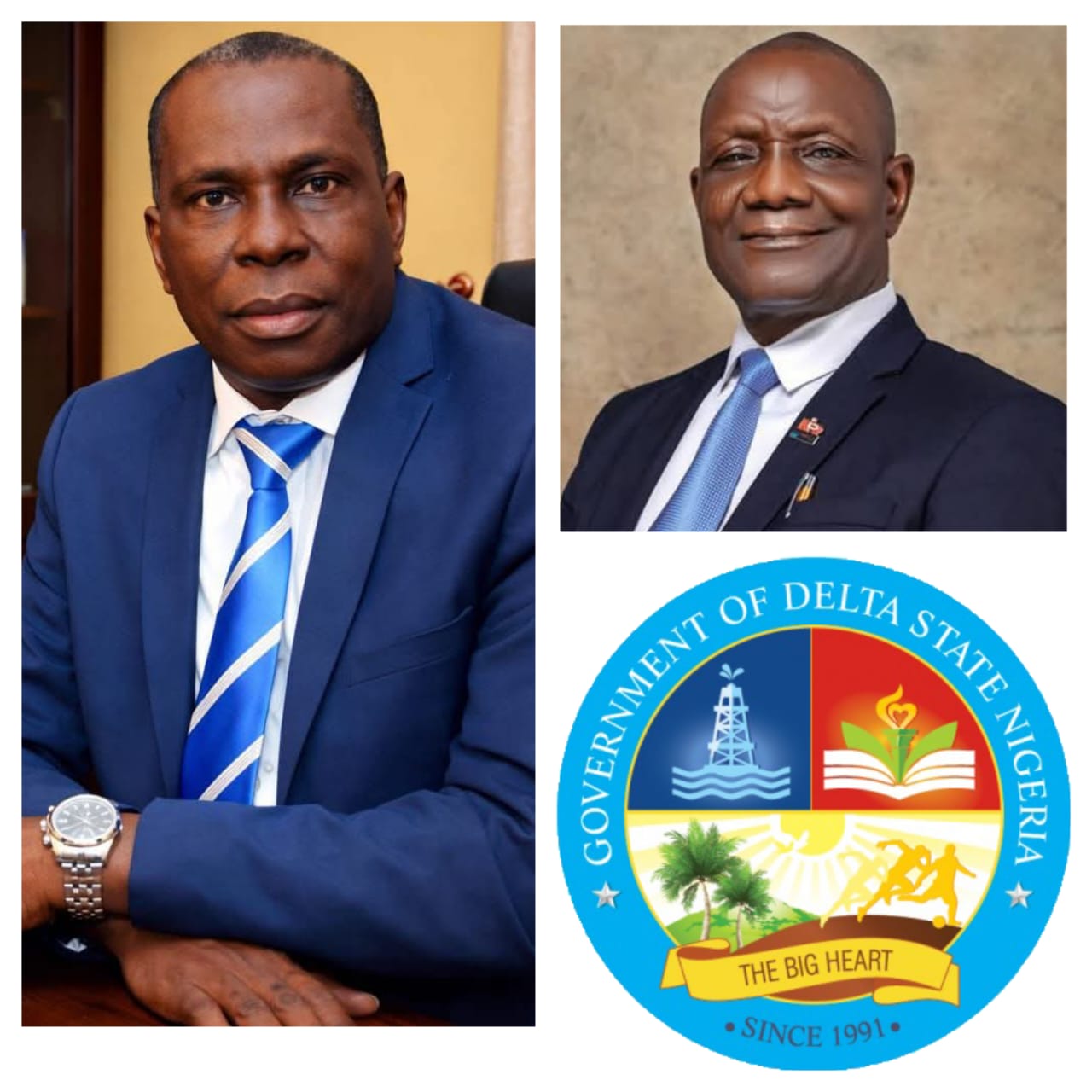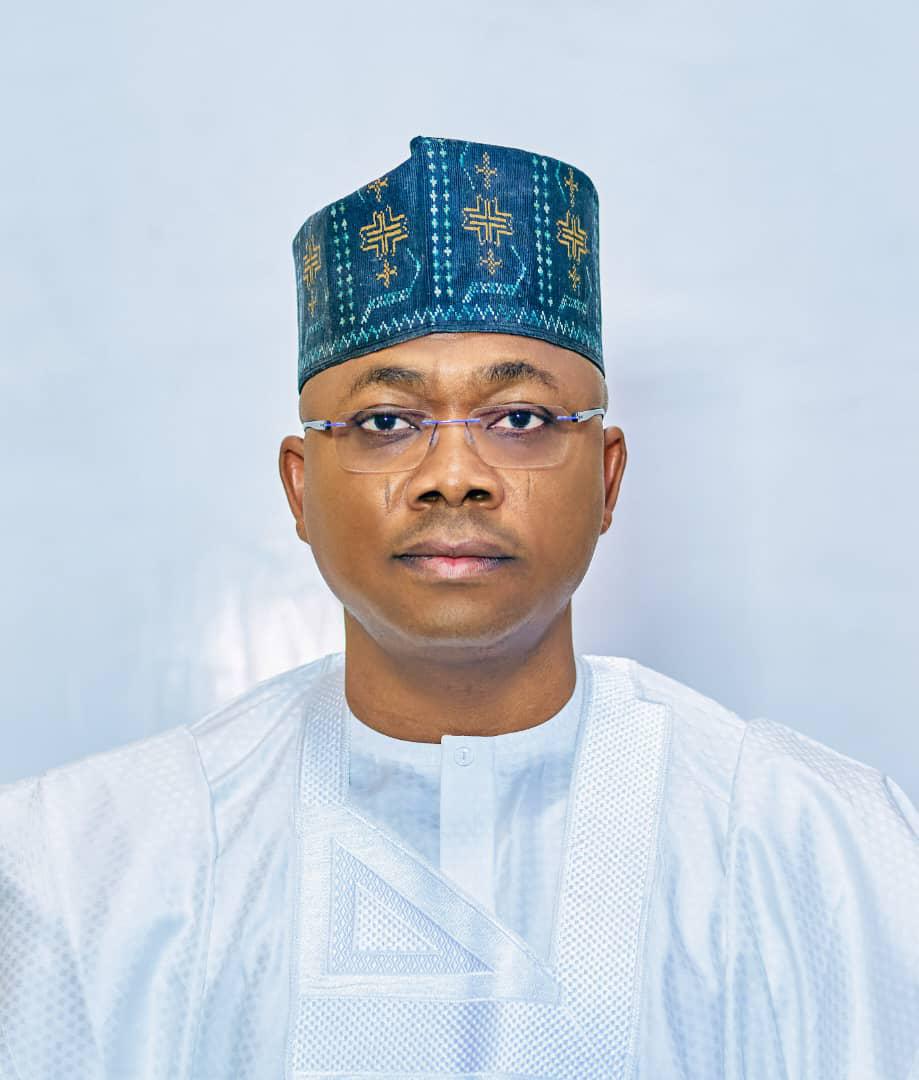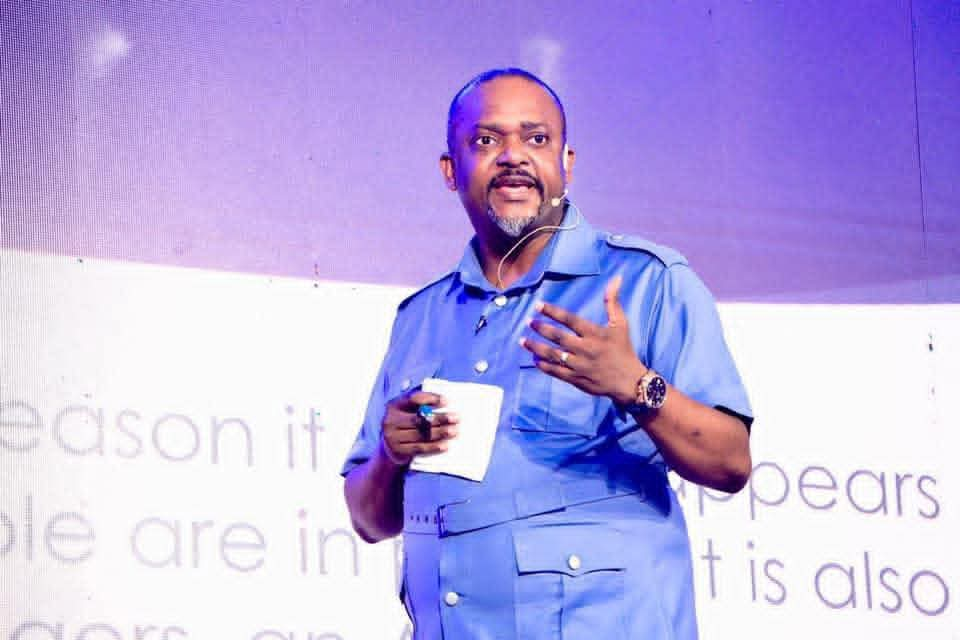The assertion made by Femi Falana, human rights lawyer and Senior Advocate of Nigeria, SAN, that the construction of houses for judges and justices by the Federal Capital Territory Ministry is unconstitutional and embarrassing has been criticized as factually incorrect and driven by sentiment against Minister Nyesom Wike.

In a statement issued in Abuja on Friday, Lere Olayinka, Senior Special Assistant to the FCT Minister on Public Communications and New Media, maintained that the Federal Government’s provision of accommodations for judges and other government officials is justified.
He pointed out that although democracy is characterized by separation of powers, the principle of checks and balances ensures that no single branch of government holds absolute authority.
Olayinka disagreed with Falana, stating that there is no global precedent for one branch of government being entirely autonomous from the others.
In September, the Federal Executive Council (FEC) approved the construction of 40 housing units for judges and justices in the FCT; 20 units will go to the FCT High Court, 10 to the Federal High Court, and 10 to the Court of Appeal in the Katampe District.
Since then, there have been intermittent criticisms regarding the construction of the houses, with Falana being the latest to voice concerns, suggesting that such actions could potentially influence judges, stating that ‘it is inappropriate to provide cars or houses to judges who will be presiding over your cases.’
Responding, Olayinka asked; “Wouldn’t there still be need for land from the FCT Ministry if the houses were to be built by the judiciary? And if it is about exercising influence over the judiciary, is allocation of lands not enough?
“Also, the money to build the houses will still have to be appropriated by the National Assembly, peopled by politicians who also have cases before judges. Should we also say that bringing the budget of the judiciary to the National or State House of Assembly for passage will influence judges if cases involving the lawmakers are brought before them?
Wike Warns Atiku: No 2027 PDP Presidential Ticket for Serial Betrayers
“Police and other security agencies provide security for judges and they do have court cases too, is Uncle Femi Falana also saying that the security agencies will influence the judges?
“Anti-Corruption agencies like the Economic and Financial Crimes Commission (EFCC) and the Independent Corrupt Practices and Other Related Offenses Commission (ICPC) investigate and prosecute judges, will Oga Femi Falana also say that investigation and trial of judges for alleged corruption should not be done by the anti-graft agencies so as to avoid influencing the judiciary?
“May be too, judges should create their own hospitals so that doctors, especially those in public hospitals won’t influence them. After all, medical practitioners too do have cases in court.
“Finally, may be judges should stop having friends and family members. They should be operating in seclusion so that no one will influence them. Or they should just create their own world so that they won’t be influenced by anyone.”
Olayinka advised Falana and others to focus on ensuring judges’ comfort and security, rather than expending energy on the executive branch doing its duties, stating that “even in the United States, where Supreme Court justices are affiliated with political parties, they still uphold justice.”
He observed that the process of selecting U.S. Supreme Court justices involves presidential nomination and senatorial confirmation, as well as recommendations from senators or House members aligned with the President’s political party.
“The Judicial Conference of the United States, and the Administrative Office of the U.S. Courts do not play any role in the nomination and confirmation of the justices.
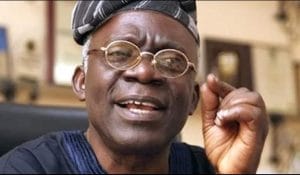
“The justices are even known by their political leanings and today, the U.S. Supreme Court has a 6-3 conservative majority, meaning six for the Republican Party and three for the Democrats. Yet, the justices do their jobs without anyone accusing them of being influenced by the President and members of his party in the Senate and House who appointed them,” he said.

